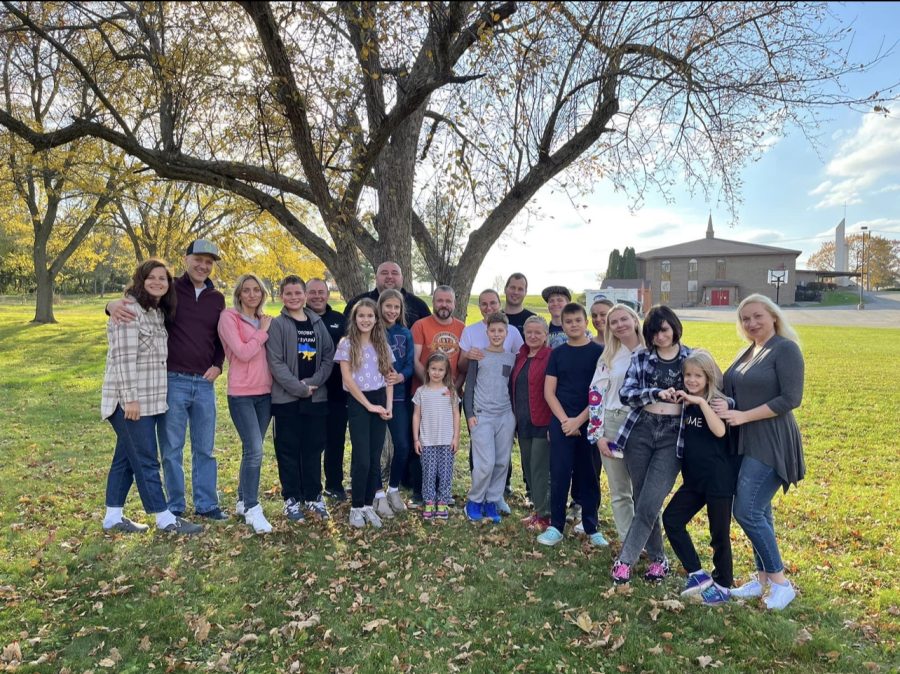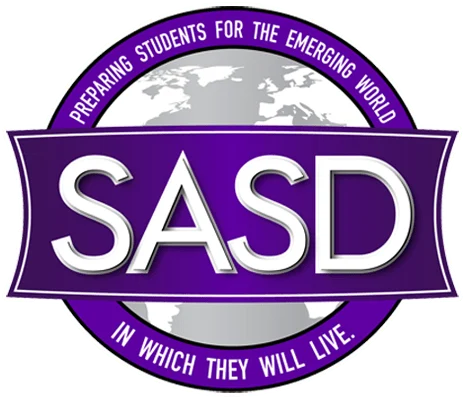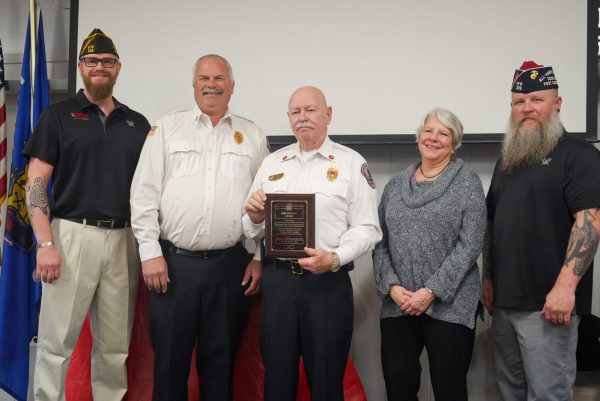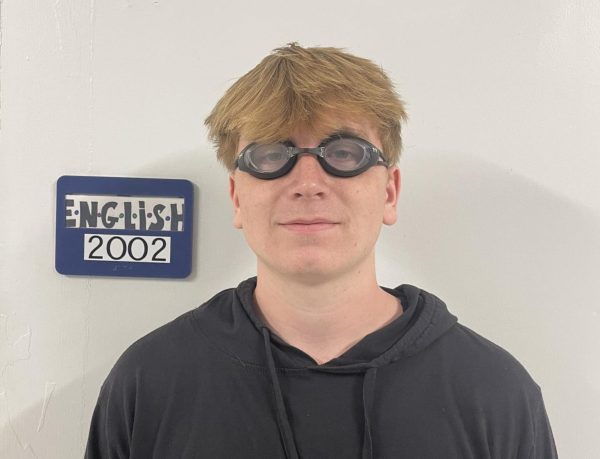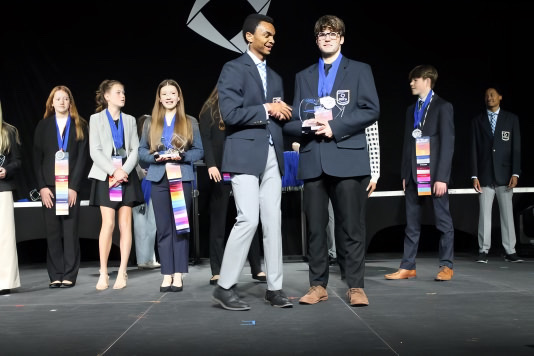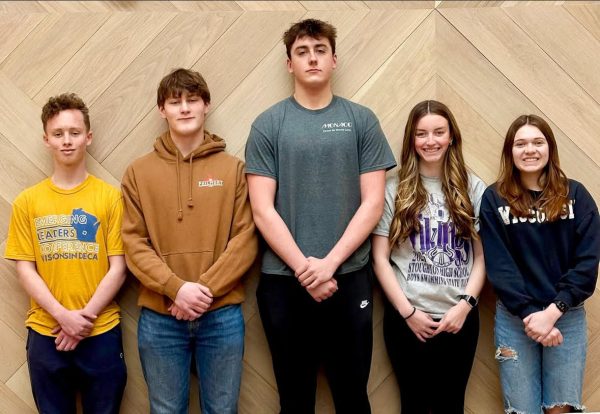SRAP: Serving Refugees
All of the newcomers SRAP has resettled as of autumn 2022 gathered together for a photo. Five families and two individuals soon came after.
The Stoughton Resettlement Assistance Program (SRAP) was founded in Jan. 2022 with the intent to assist and relocate primarily Ukrainian refugees. SRAP seeks to help these refugees by bringing them into a diverse and inclusive community that helps them get their feet back on the ground. Most of the refugees are placed in Stoughton.
Kay Weeden is the initial founder of the program, and she works with assistance from other co-directors, Reneé Lushaj and Sharon Mason- Boersma.
Weeden met with an Afghan refugee at Fort McCoy, which sparked the idea of a resettlement program. Her sole goal at the time was to help this 28-year-old man, Ehsan Amin, and his younger sister, Fakria, who was 17, to get out of Fort McCoy and find another place to live.
“He spoke six different languages. He was the most remarkable young man I had ever met,” Weeden says.
Weeden was helping with the Red Cross to shelter and offer baby food, clothing, and other basic items, while Amin was there to help translate and interpret the less common languages spoken there. According to Weeden, due to their proximity, they were able to get to know each other well.
After some time, Afghan refugees were still being kept at Fort McCoy, so Weeden decided to take action. Co-directors Weeden, Lushaj, and Mason-Boersma, sat down on Dec. 6, 2021, to discuss the idea of SRAP. They partnered with Lutheran Social Services out of Milwaukee for a co-sponsorship. Lutheran Social Services sponsors the families with the co-directors helping out as much as they can.
Once SRAP finally got housing, the Afghans had already moved out of Fort McCoy, leaving SRAP with an empty apartment and no one to give it to.
Eventually, a Ukrainian family landed in Madison and they were looking for a place to stay. SRAP resettled the family into the open apartment, and a couple of weeks later, another family arrived. Throughout the summer, more families arrived, and more apartments opened up. As of now, SRAP has resettled 13 families.
“I can’t even tell you how it all came together. It was just an act of synchronicity. If you ask me, it was the universe having our backs,” Weeden says.
SRAP also helped resettle a Venezuelan woman in Dec. 2022. She wrote many emails to different people and organizations, never expecting a response. This was until Weeden responded to her, saying they had a home for her. The woman explained her painful background and how difficult it was for her to live in Venezuela these days.
“You never know for how long somebody wants to be a refugee or how long they want to stay here in the United States. And I think, ultimately, for some of them, their goal is to return to their country,” Weeden says. “But for others, like what we’re finding with some of the Ukrainians, […] they’re just ready to start over in another country and are looking to stay longer than the temporary two years that they’ve been granted.”
Weeden mainly works with immigration and USCIS (United States Citizenship and Immigration Services), while Lushaj works more with schooling, as well as hounding governor and senator offices to get more done.
“It’s amazing having people from different countries, learning their backgrounds, knowing where they came from, and how grateful they are when they come here. […] It’s really amazing to have them in our lives,” Lushaj says.
One Ukrainian refugee that SRAP has assisted is Stoughton High School freshman Lyra Romashchenko, who arrived in the U.S. in April 2022. She and her family fled from Ukraine and ended up in Mexico. That’s when SRAP found and helped her. Compared to the war in Ukraine, America has been a good home for her.
“This is just my opinion, but purely from my point of view, Ukraine and other CIS [Commonwealth of Independent States] countries are rather ‘depressive’. Given the current situation, even more so,” Romashchenko says. “The USA is much more productive and promising.”
Romashchenko has adjusted to being in a new school and continent by, in her own words, “joining the people.” Although she is somewhat reserved, going with the flow in difficult times helps her cope. She learned most of her English in a Ukrainian school, by socializing, and on her own. She’s fitting in, as she’s joined the cheer team and has made many new friends.
She’s very thankful to the program for helping her and her family and giving them all the daily necessities they need.
“I don’t know what would have happened to me if it wasn’t for [SRAP]. First of all, [they provided a] place of residence, food, and documents. It is also worth considering that many people who fled from Ukraine can be quite depressed [and] traumatized, and volunteers paid attention to even this. I am very grateful to them,” Romashchenko says.
Weeden’s favorite part about being involved in a program like this is seeing the joy of the families and individuals when they receive the help and love they deserve.
“People are getting jobs, they’re settling in, and I don’t know what the future holds, but it sure is better than where they were,” Weeden says. “This has been such a phenomenal event for our community. It’s been exactly what these families have needed.”
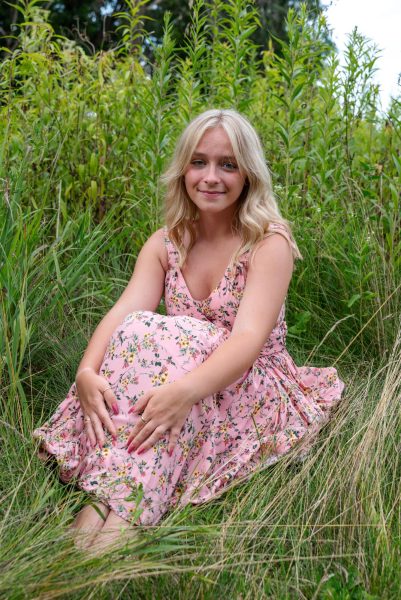
Raegan is a senior, and this is her second year on staff! She's the copy editor and a staff writer. She joined the Norse Star because she was told by her...


